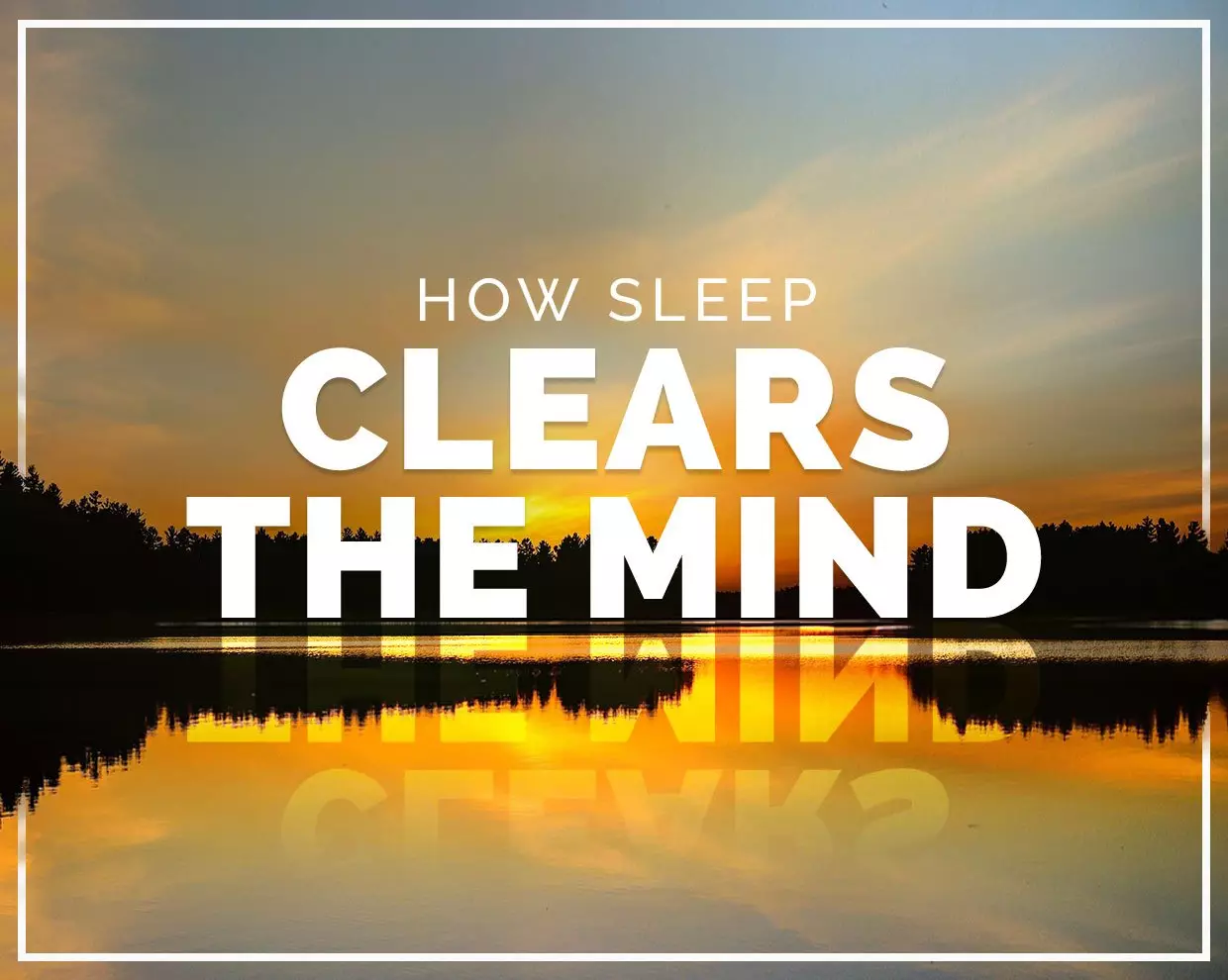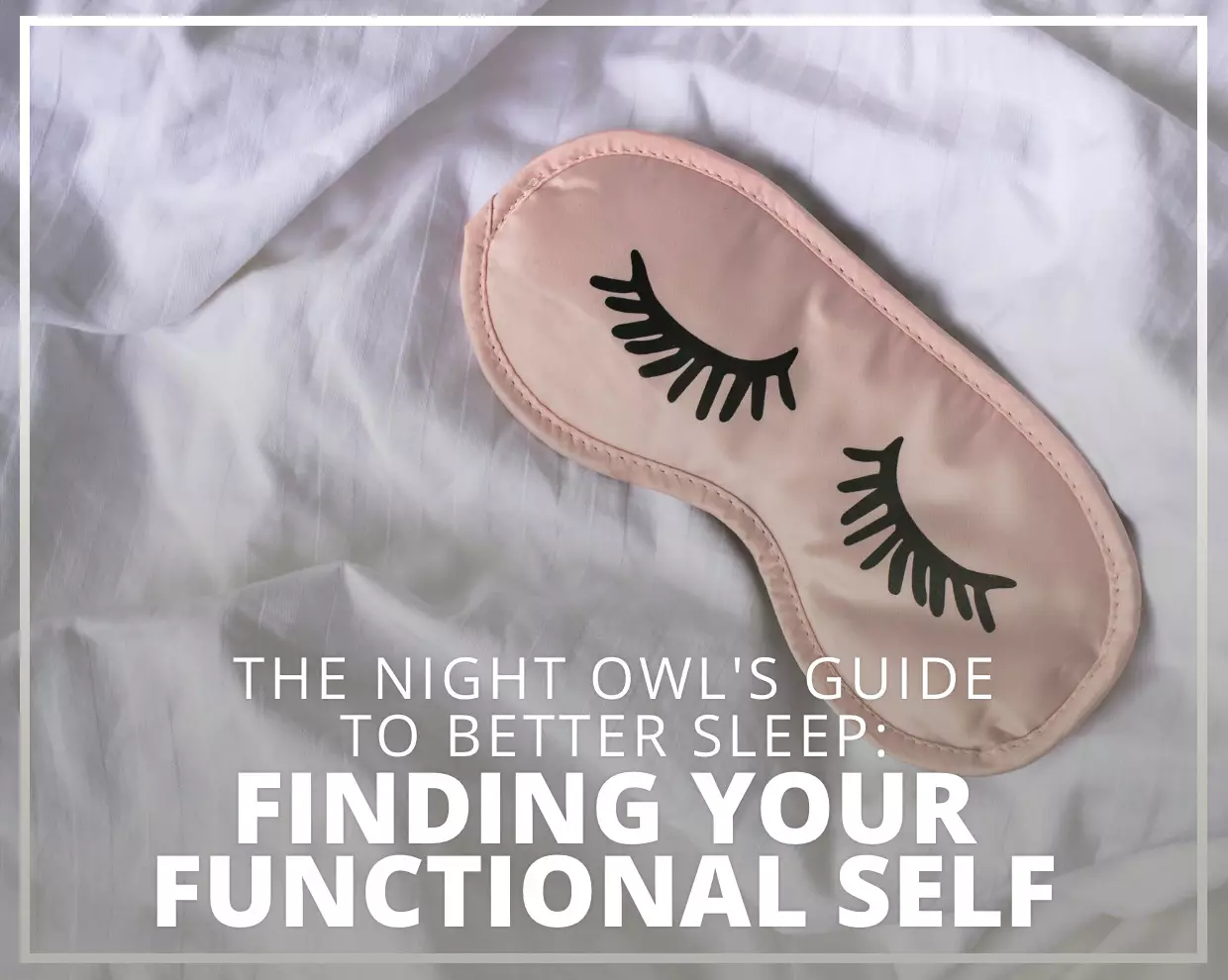Sleep is a cornerstone of our well-being, influencing everything from our daily energy levels to our long-term health in subtle yet significant ways. In recent years, there's been a noticeable shift towards natural solutions for supporting the quality of sleep and relaxation. Among these, dietary supplements, particularly those derived from natural ingredients, have garnered attention for their potential to support our nightly rest. This blog explores the role of supplements, with a special focus on magnesium, in relation to sleep and relaxation. By delving into the science behind sleep and how certain supplements may lend a hand, we aim to shed light on natural strategies that could complement your sleep hygiene practices.
The Science of Sleep & Its Importance
Understanding sleep involves more than recognising our nightly need to 'switch off.' Sleep is a complex, restorative process, regulated by our body's internal clock, or circadian rhythm, and is crucial for various bodily functions. It consists of multiple cycles, each comprising stages of REM (Rapid Eye Movement) and non-REM sleep. During these cycles, our bodies undergo essential maintenance work, from repairing tissues to consolidating memories. [1]
While we're resting, our brain is anything but idle. It's busy processing the day's experiences, making connections, and clearing out waste. This underscores the importance of quality sleep for cognitive function, emotional balance, and overall physical health. However, the benefits of sleep extend beyond just feeling refreshed. A consistent, restful sleep pattern is associated with maintaining a healthy balance of hormones, supporting the body's natural repair processes, and fostering a stable mood. [2]
Achieving quality sleep is foundational to maintaining health and well-being. It supports various body functions in ways that help us manage daily stress and maintain a sense of balance. However, it's essential to approach the topic of sleep with a holistic perspective, recognising that supplements can only be part of a broader strategy for supporting quality sleep. Lifestyle choices, environment, and routines play equally pivotal roles in influencing our sleep patterns.
Challenges to Achieving Quality Sleep
Achieving restful sleep can sometimes feel like an elusive goal, given the myriad challenges that can interfere with our sleep patterns. Stress is a significant factor; it activates the body's fight or flight response, which can make settling down for the night difficult. Environmental factors, such as noise, light, and temperature, also play crucial roles in either supporting or hindering our ability to fall asleep and stay asleep. Additionally, lifestyle choices, including the use of electronic devices before bedtime, caffeine intake late in the day, and irregular sleep schedules, can disrupt our natural circadian rhythms. [3]
Understanding these challenges is the first step towards addressing them. By identifying what specifically impacts our sleep, we can make targeted changes to our lifestyle and environment that promote better sleep quality. For example, creating a pre-sleep routine that includes winding down activities, such as reading or meditation, can signal to our bodies that it's time to rest. Similarly, making our sleeping environment as comfortable as possible, by balancing factors like lighting and temperature, can make a significant difference. [4]
Overview of Natural Supplements for Sleep
In the quest for better sleep, many turn to natural supplements as a way to gently support their body's natural rhythms. These supplements can include a range of ingredients, from herbs like valerian root and lavender to minerals like magnesium and zinc. Each comes with its own potential benefits, but it's important to approach their use with an informed perspective.
For instance, herbal supplements such as chamomile are popular for their calming properties, often consumed as a tea before bedtime. Melatonin, a hormone that regulates sleep-wake cycles, is another widely used supplement, particularly for adjusting to new sleep schedules, like shifting time zones. L-Theanine, found in green tea, is valued for its potential to promote relaxation without drowsiness, making it a candidate for those looking to ease into sleep more naturally.
Spotlight on Magnesium
Among the various supplements, magnesium stands out due to its involvement in over 300 biochemical reactions in the body, including those related to relaxation and sleep. Magnesium is found in foods such as leafy greens, nuts, seeds, and whole grains, but supplementation may be considered for those who find it challenging to meet their needs through diet alone.
Magnesium's role in sleep and relaxation is thought to be partly due to its ability to regulate neurotransmitters, which are chemicals that convey signals in the brain and nervous system. It also plays a part in the regulation of melatonin, the hormone responsible for guiding sleep-wake cycles. Furthermore, magnesium aids in the activation of the parasympathetic nervous system, which is responsible for promoting calm and relaxation. [5]
Research suggests a connection between magnesium levels and the quality of sleep. For example, adequate magnesium intake is associated with improved sleep patterns in some studies, though it's crucial to note that these findings do not imply a direct cause-and-effect relationship. Instead, magnesium may support the underlying processes that facilitate sleep, acting as part of a holistic approach to supporting better sleeps.
When considering magnesium supplements, it's important to choose forms that are easily absorbed by the body, such as magnesium citrate or glycinate.
Incorporating Magnesium and Other Supplements into Your Routine
Incorporating magnesium or other natural supplements into your nightly routine requires a mindful approach. Here are some guidelines to consider:
1. Consultation with Healthcare Professionals: Before adding any supplement to your routine, it’s vital to consult a healthcare provider. This step ensures the supplement is suitable for you and won’t interfere with any existing conditions or medications.
2. Start with Low Doses: If approved by your healthcare provider, start with the lowest possible dose to see how your body reacts. Each individual’s response to supplements can vary.
3. Consistency is Key: As with any change intended to support sleep, consistency matters. Taking your supplement at the same time each evening can help establish a helpful routine.
4. Monitor Your Sleep Quality: Keep a sleep diary or use a sleep tracker to monitor any changes in your sleep quality. This data can be valuable for assessing the effectiveness of the supplement.
5. Holistic Approach: Remember, supplements are most beneficial when used in conjunction with other good sleep practices. This means maintaining a healthy diet, reducing screen time before bed, and creating a calming pre-sleep routine.
Additional Natural Ways to Support Sleep and Relaxation
Beyond supplements, other natural methods can support better sleep and relaxation. Practices such as deep breathing exercises, yoga, or meditation before bed can help calm the mind and prepare the body for sleep. Creating a sleep-friendly environment—cool, dark, and quiet—also makes a significant difference. Additionally, maintaining a regular sleep schedule by going to bed and waking up at the same times each day helps regulate your body’s internal clock, further supporting sleep quality. [6]
Exploring the role of magnesium and other natural supplements in supporting sleep and relaxation offers a glimpse into the myriad ways we can support our sleep quality. While supplements like magnesium can play a part in this process, it’s essential to view them as components of a broader strategy that includes healthy lifestyle choices and sleep practices. Always remember to consult with healthcare professionals before making any changes to your supplement routine. Ultimately, the key to better sleep lies in a holistic approach—balancing diet, exercise, stress management, and sleep hygiene to create a balanced environment for restorative sleep. By prioritising our sleep, we take a significant step towards improving our overall well-being and quality of life.
Explore More on Sleep & Relaxation
If you're on a journey to support your sleep quality and discover natural ways to support relaxation, we invite you to explore our carefully curated selection of supplements and resources. Visit our Sleep & Relaxation collection to find products designed to complement your sleep routine. Whether you're considering magnesium supplements or seeking other natural aids for better sleep, our collection offers a variety of options to suit your needs.
For further insights into supporting your sleep quality and understanding the benefits of sleep and relaxation, don't miss our informative Sleep Blog. Here, you'll find a wealth of articles filled with tips, research, and strategies to help you achieve a more restful and rejuvenating night's sleep.
Together, let's take the next step towards a more restful, relaxed, and rejuvenated you.
References
1 Physiology of Sleep
2 Emotion, emotion regulation and sleep: An intimate relationship
3 Impact of lifestyle and technology developments on sleep
4 Behavioral Strategies, Including Exercise, for Addressing Insomnia
5 The effect of magnesium supplementation on primary insomnia in elderly: A double-blind placebo-controlled clinical trial
6 Improving Stress Management and Sleep Hygiene in Intelligent Homes

 UK Store
UK Store  NZ Store
NZ Store AU Store
AU Store EU Store
EU Store


















